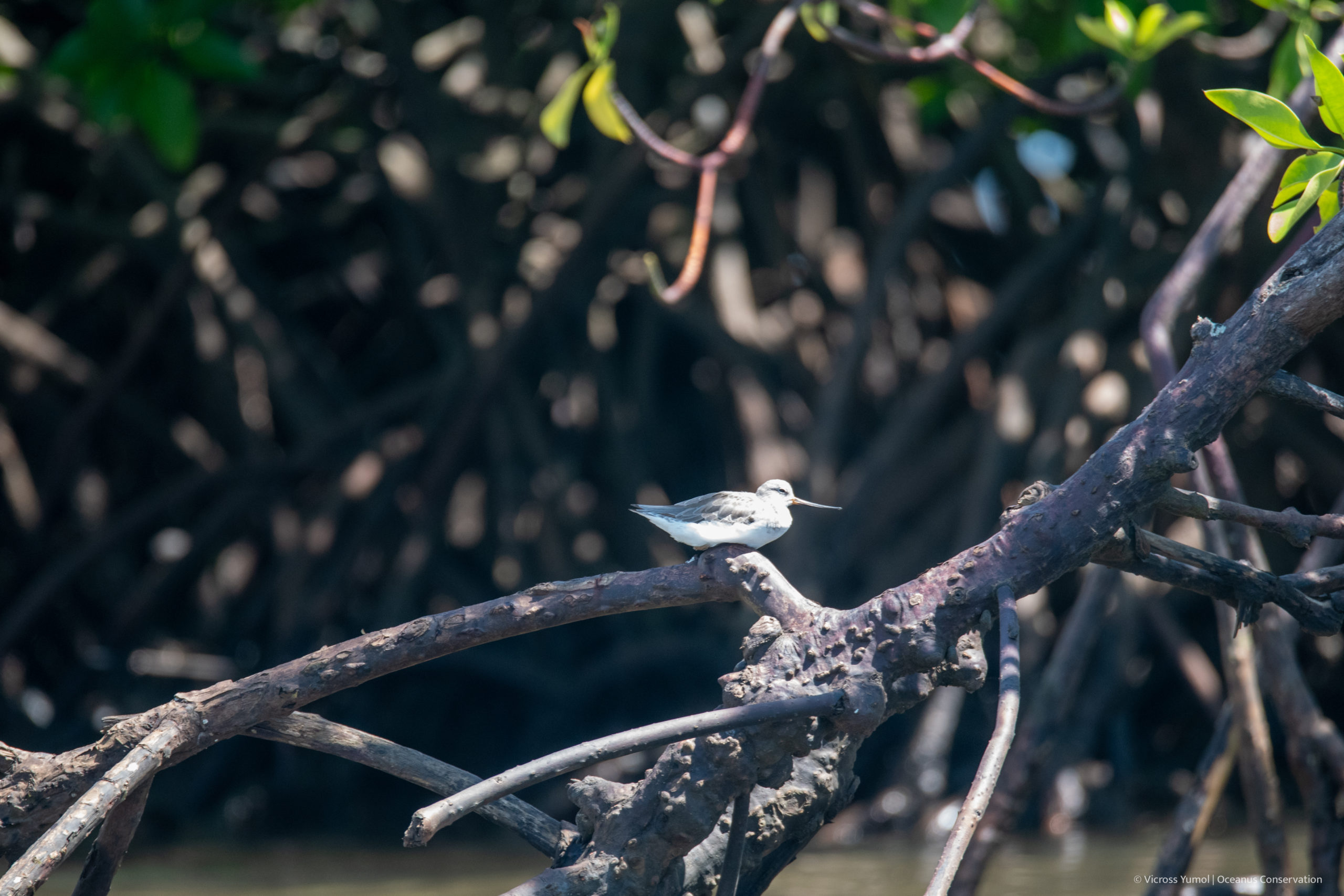Projects
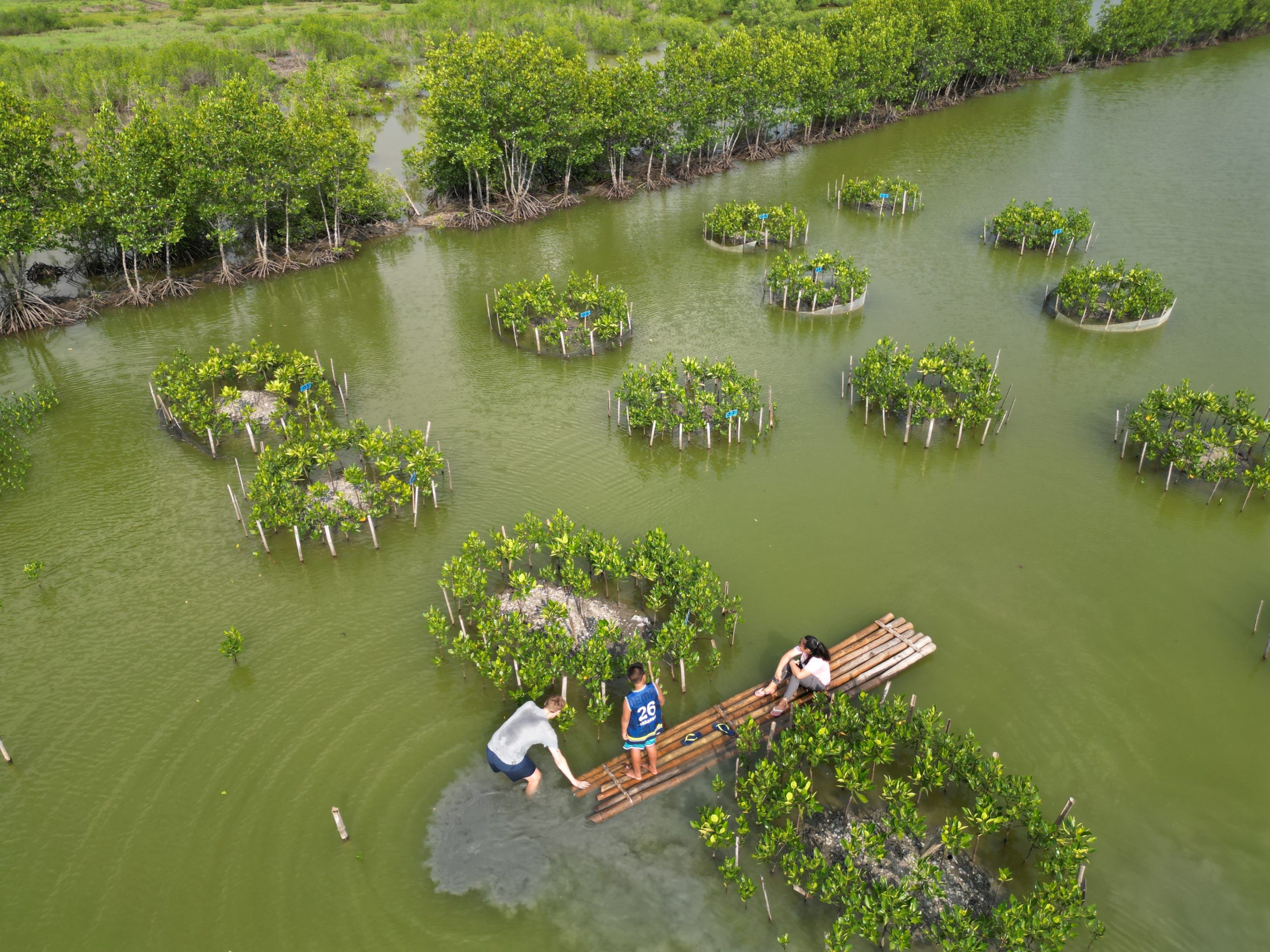
Blue Carbon Conservation
Blue carbon is a term for coastal wetlands that store carbon, this includes mangroves, seagrass and tidal marsh. Mangrove ecosystems are valuable and provide many ecosystem services such as effective carbon storage for climate mitigation. Studies show four to five times higher carbon sequestration of mangroves compared to terrestrial forest! Yet, globally we are losing between 0.2 to 0.7% annually.
Philippines ranks 15th most mangrove-rich countries in the world according to the global mangrove forests distribution, and one of the countries with diverse seagrass species. This is why there is a need to push for its protection to conserve the last remaining blue carbon ecosystems in the country.
Currently, our blue carbon projects are restoring mangrove forests in abandoned fishponds and other restoration sites in the country together with the community and local government units. Check the link below:
Coral Reef Monitoring
Philippines is one of the mega-diverse countries for harboring wildlife species , and home to unique species of corals and diverse fish which considers the country to be in the coral triangle along with Indonesia, Malaysia, Papua New Guinea, Solomon Islands and Timor-Leste. With the onset of global warming oceans and local threats, coral reefs are facing challenges to survive. Coral bleaching and mortality are becoming widespread.
Our goal is to collect real-time temperature data and detect increase in temperatures in specific areas of the country and work together with local officials to reduce the local threats for the reefs to recover. This is one of our blue carbon projects that are expected to contribute to the worldwide data of coral reef monitoring. Watch out for this page soon.
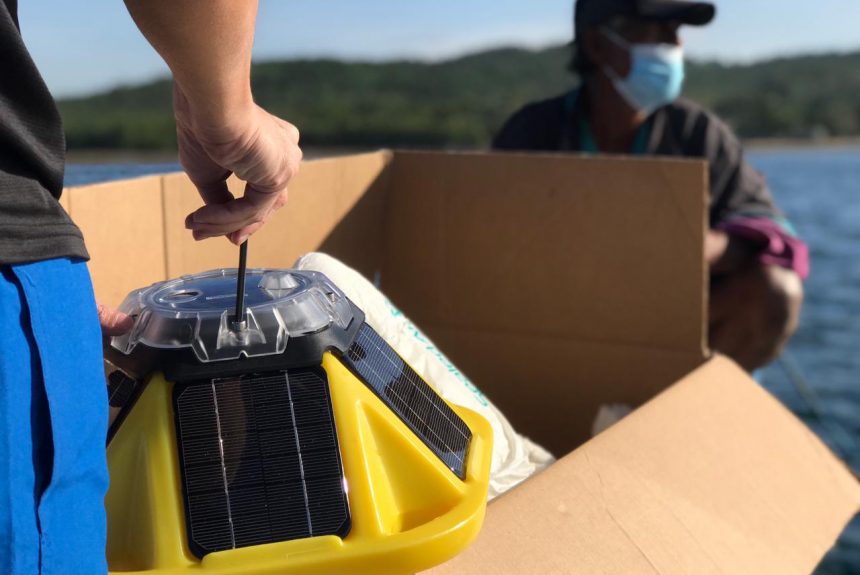
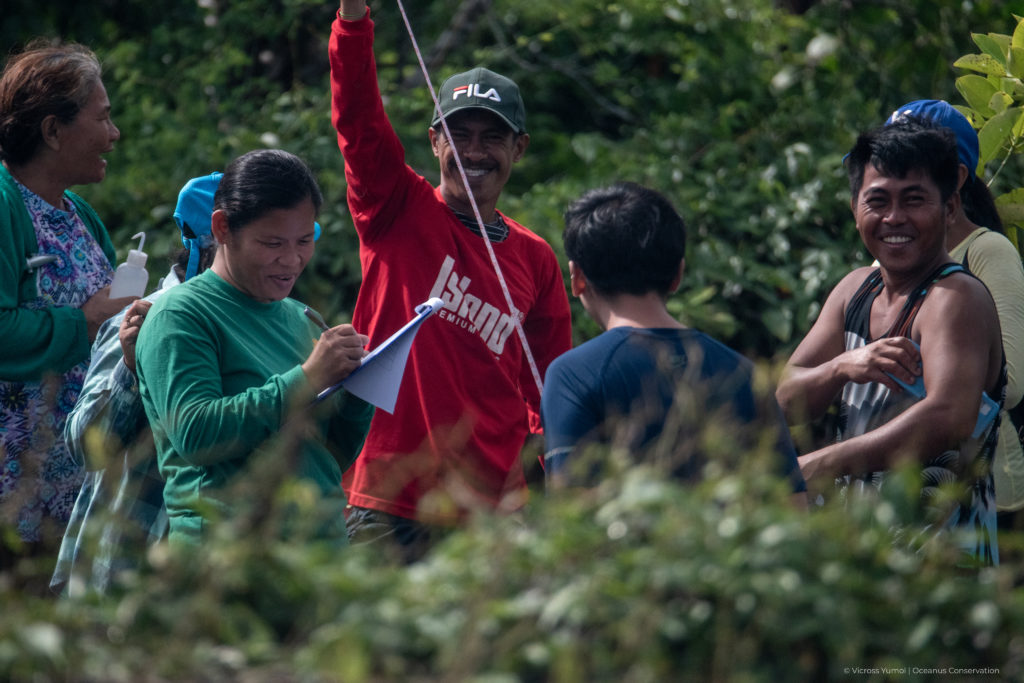
Community Development
Communities need to be resilient in a changing environment through receiving access to knowledge and resources, capacity building, education and engagement in order to safeguard nature and offer food security for the generations to come.
Our goal is to find sustainable ways to provide food security and alternative livelihood while safeguarding the marine resources. We work together with people’s association, youth and local government units for the area to become sustainable and self-sufficient in the long-term.
Ocean education and outreach
Filipino people have limited access to marine environmental education even if our country sits in one of the most biodiverse marine life in the world. We want to invest in the future of the Filipino people through the right of marine environmental education in local communities and create marine-field programs to better appreciate our marine life.
We are currently creating ocean bilingual storybooks for local children, translating them into local and international languages, and organizing storytelling events in their local communities with our partner youth organizations.
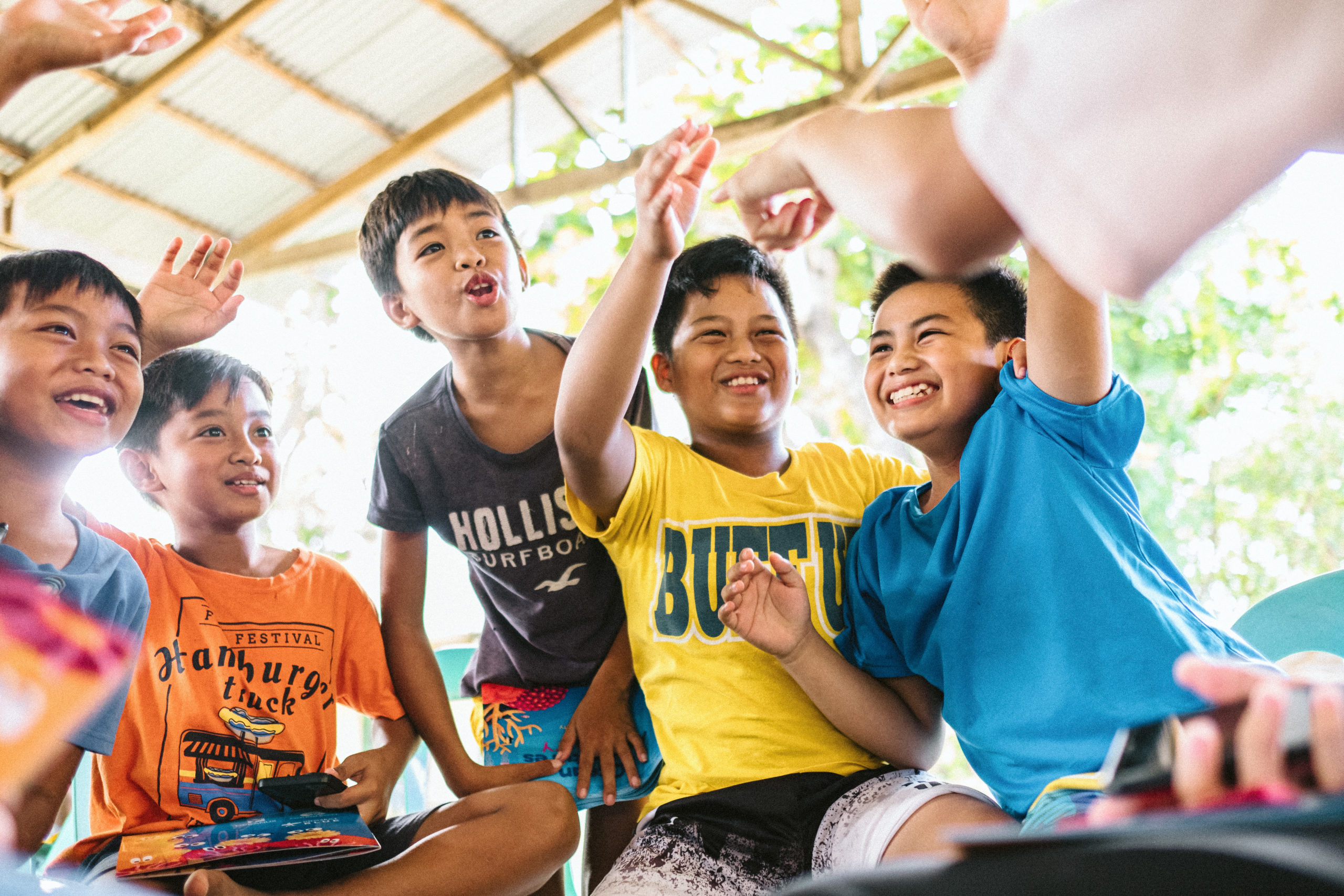
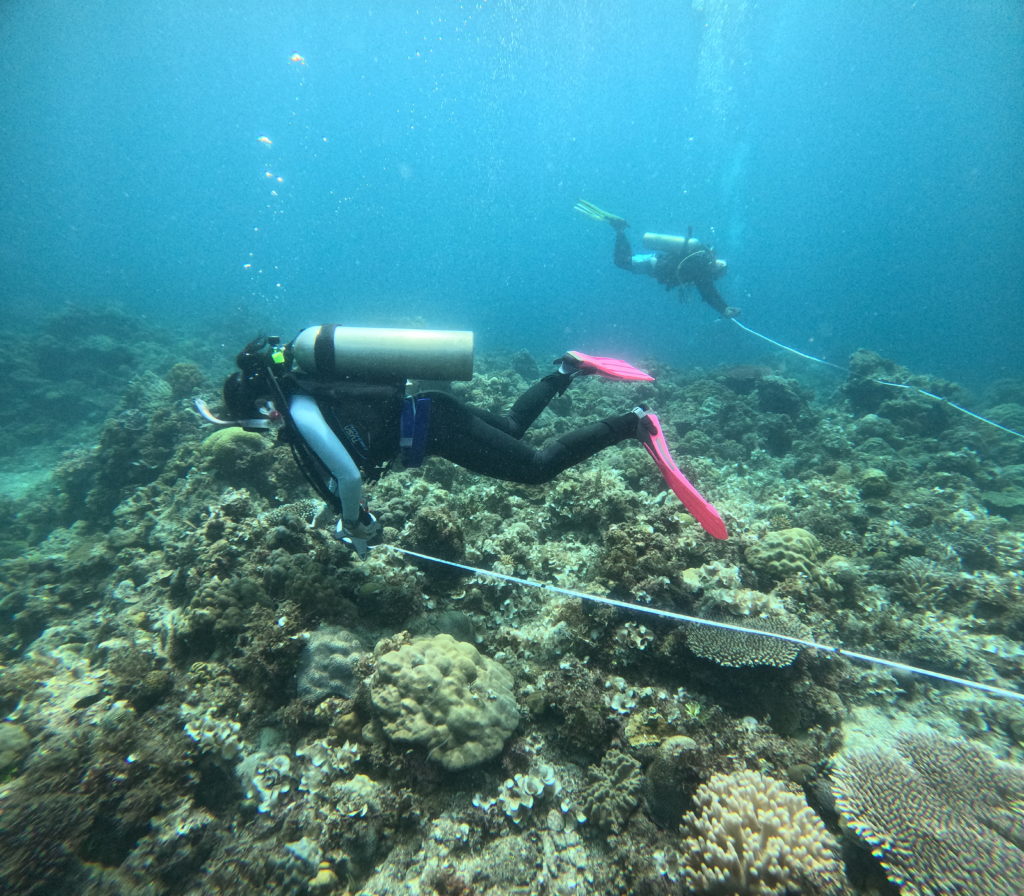
Prioritizing Conservation Efforts: Mapping Biodiverse Hotspots in Busuanga Island
This project aims to identify marine hotspot areas in Busuanga Island and develop a conservation plan co-developed with local ethnic groups, local government agencies, and other stakeholders that will be incorporated into the Municipality of Busuanga’s integrated coastal management plan or fisheries plan to increase protection.
This project addresses the pressing problems and needs in the region by taking a comprehensive approach to marine conservation and management. In addition, the project tackles the identified issues such as overfishing, resource exploitation, and unsustainable tourism practices.
With this, our ultimate goal is for Busuanga’s communities to live harmoniously with their environment, respecting and protecting the rich biodiversity that makes this island so unique and safeguarding its pristine coastal resources.
Community-Led Mangrove and Migratory Birds Conservation
Migratory birds play a crucial role in Philippine biodiversity. Their significance is recognized in ecology, tourism, and the local economy. However, they have also suffered countless anthropogenic threats such as habitat loss due to pollution or exploitation, illegal killing, taking, and trading.
With this, our goal is to implement new conservation programs around the Philippine ecological habitats used by migratory birds of the East Asian-Australasian Flyway (EAAF). This project seeks to augment conservation efforts by establishing new programs in locations that are not yet being preserved to conserve migratory bird habitats.
Preserving the habitats used by these birds is of utmost importance to maintain the biodiversity and ecological balance. By creating community-led conservation policies and programs we will be able to protect these high-value ecological habitats.
